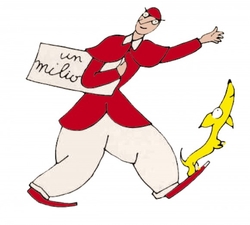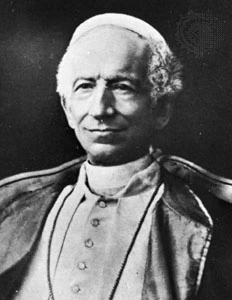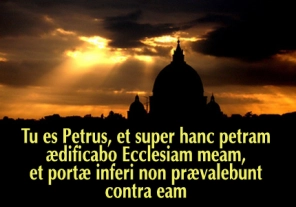Blog Archives
The Memorare

"Coronation of the Virgin", Filippo Lippi, ca. 1444. Sala delle Arti Liberali, Vatican City.Source: http://www.aloha.net
“Memorare, o piissima Virgo Maria….”
It is sad to think that these words, once devotedly pronounced by countless faithful every day, nowadays rarely adorn Catholic lips. One cannot avoid noticing that when prayers where recited in the allegedly so tough Latin the faithful actually prayed a lot more than today that everything has been made easy for them. There is a lesson to be learned here, I think: you don’t do any favour to the faithful by making things shallow; you merely encourage them to become shallow themselves.
The neglect of the Memorare is particularly unfortunate, because this is a powerful prayer. I see in it the fundamental optimism and the simple but solid faith of the Catholic knowing that the Blessed Virgin will intercede for him without fail and just for the asking. This is not the prayer of one who hopes, but of one who knows that his prayer will go straight to the Queen of Heaven. The key words of the prayer are “non esse auditum a saeculo” (“that never was it known”) and “esse derelictum” (“was left unaided”). If you hear this prayer once or twice you will probably instantly remember this powerful statement and its far reaching promise: that given the proper attitude, the Blessed Virgin intercedes without fail for anyone who addresses her.
This is powerful stuff. This is the Catholicism of our forefathers, who were less used than us to rely on secular institutions to sort out their problems and rather accustomed to look heavenward in their troubles. The Memorare forces us to face the fact that Mary’s intercession is not something existing in an undetermined dimension somewhere between a child’s tale and a vague hope, but a very concrete reality in which we can take refuge every day.
Our ancestors – solidly rooted in Catholicism irrespective of their education level – were naturally familiar with such a concept, but the present generation vastly ignores the very notion of the Communion of Saints, nor will you find many priests willing to take care that such basics elements of Catholicism are universally and thoroughly understood. This ruthless massacre of everything specifically Catholic – and his substitution with a protestantised, simplified and banalised undersatanding of Catholic prayer and devotion – was perhaps not positively encouraged, but certainly made possible by the “aggiornamento”. Some fifty years later, Catholic desolation is what this passion for “change” has engendered: once commonly used devotions have disappeared, once beloved prayers are almost forgotten and mainstays of Catholic thinking, powerful tools in a world of insecurity and trouble, have been utterly and wilfully neglected.
I may be wrong, but my impression is that the rediscovery of this and other beautiful ancient prayers is the result of the rediscovery of Latin and of the growing awareness that together with Latin a rich patrimony of Catholic traditions and devotions has been thrown into the dust bin. I wonder how one can rediscover traditional Catholicism without recovering Latin, and vice versa.
The Enchiridion of Indulgences states that a partial indulgence is granted to the faithful who recite the Memorare.
You can find here both the Latin and English version, together with the most succinct and easy to understand historical information I could find.
Mundabor




















You must be logged in to post a comment.